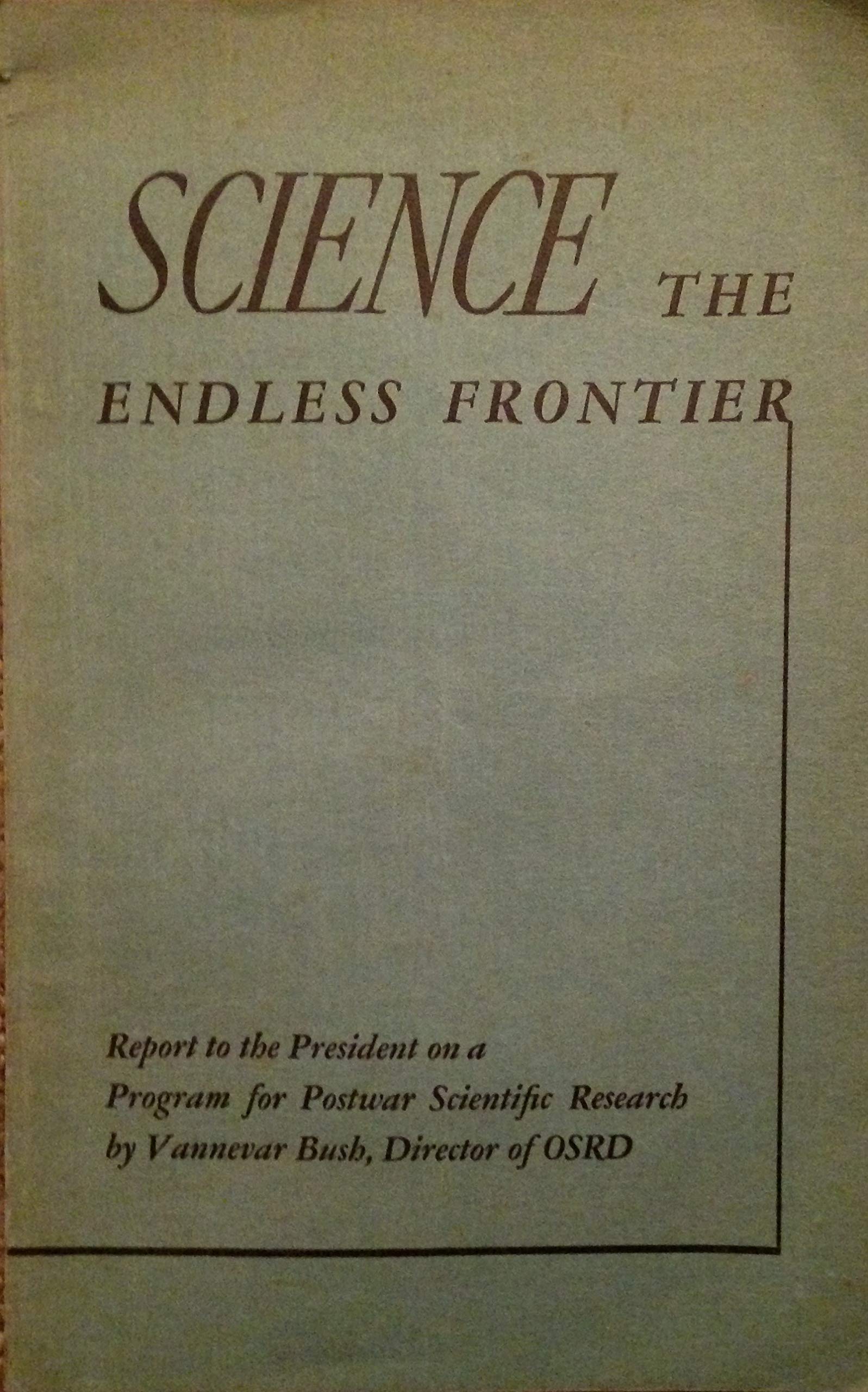What do you think?
Rate this book


Perfect Paperback
First published December 18, 1999
It is in keeping with the American tradition - one which has made the United States great - that new frontiers shall be made accessible for development by all American citizens. p8
We could not suggest to you a program which would syphon into science and technology a disproportionately large share of the nation's highest abilities, without doing harm to the nation, nor, indeed, without crippling science. ... Science cannot live by and unto itself alone. p23